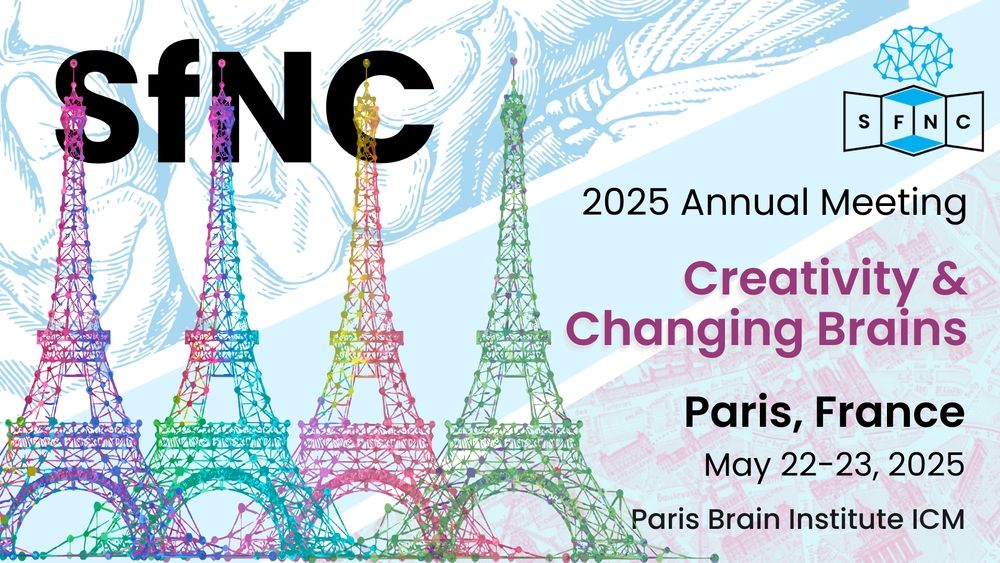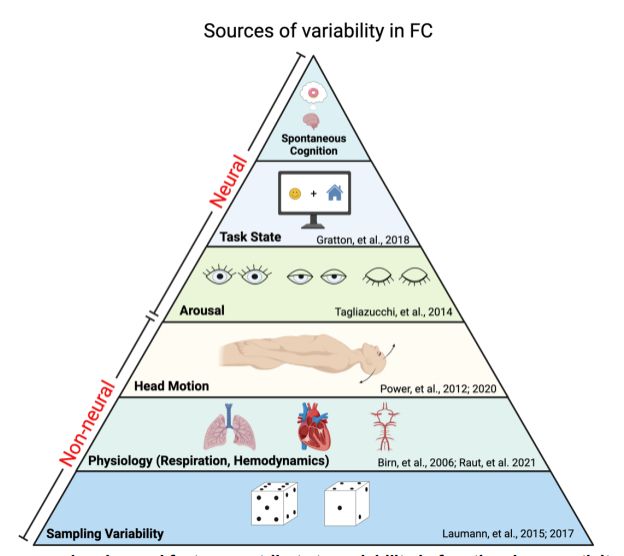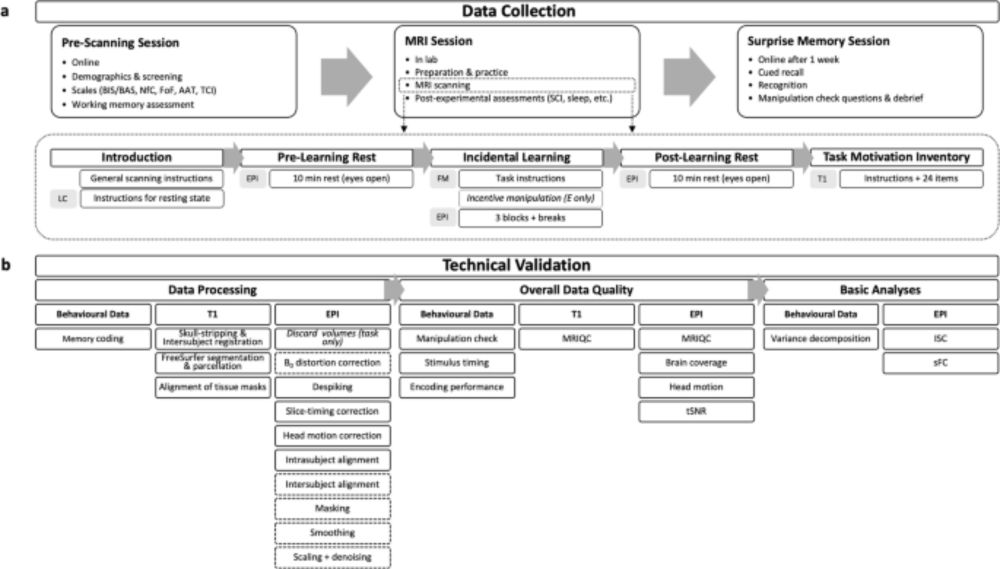Neuroscience



@canadianpsychology.bsky.social




@tsfnc.bsky.social
www.tsfnc.org/sfnc2025-cre...

@tsfnc.bsky.social
www.tsfnc.org/sfnc2025-cre...




AI might often enhance natural stupidity
But which factors determine whether AI will lead to smarter humans or more natural stupidity?
Let's figure it out 👋
🙏 Please repost so I could find someone crazy enough to work w me in Estonia on this✍️ ✉️
#edusky #psychscisky #neuroAI
AI might often enhance natural stupidity
But which factors determine whether AI will lead to smarter humans or more natural stupidity?
Let's figure it out 👋
🙏 Please repost so I could find someone crazy enough to work w me in Estonia on this✍️ ✉️
#edusky #psychscisky #neuroAI


A 🧵 …

A 🧵 …

The authors "develop a mathematical theory relating the algorithms and representations of episodic memory and working memory by unveiling a duality between storing memories in synapses versus neural activity".
www.cell.com/neuron/fullt...

The authors "develop a mathematical theory relating the algorithms and representations of episodic memory and working memory by unveiling a duality between storing memories in synapses versus neural activity".
www.cell.com/neuron/fullt...
This is a result of incredible effort by Stef Meliss (first author). Congrats!!

This is a result of incredible effort by Stef Meliss (first author). Congrats!!

Analyzing over 1,000,000 sampling decisions, @spektor.bsky.social and I show how people are adaptive explorers who reduce multiple types of uncertainty and leverage prior expectations and meta-knowledge about their decision environment.
Open access article: lnkd.in/dWdSvQSq

Analyzing over 1,000,000 sampling decisions, @spektor.bsky.social and I show how people are adaptive explorers who reduce multiple types of uncertainty and leverage prior expectations and meta-knowledge about their decision environment.
Open access article: lnkd.in/dWdSvQSq

